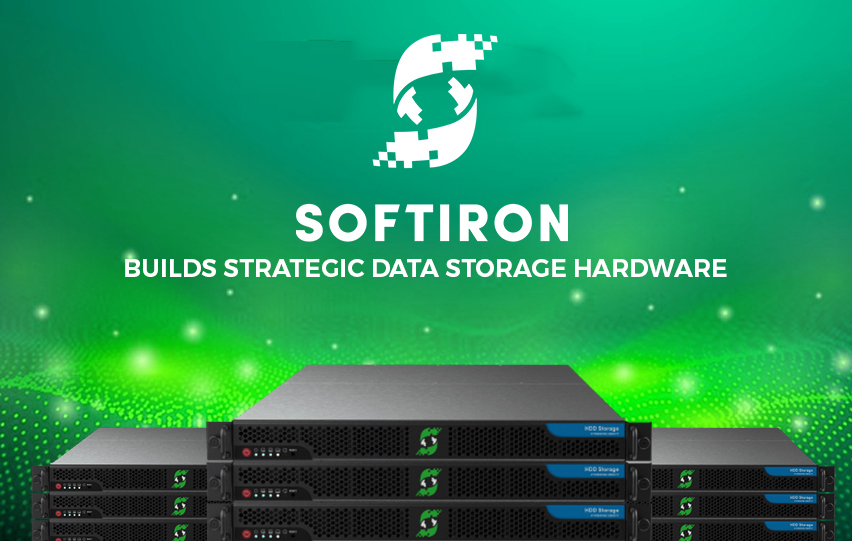In the age of cloud storage transition, UK-based storage hardware provider SoftIron claims commoditization of data hardware is as integral as the storing data itself.
Given the increasing focus on data storing and processing, the company builds a new system that lacks management, security, and power to appeal to business owners. A hybrid model will shrink egress costs and manpower needed to store and secure data.
In the words of CEO Phil Straw, “If data is precious and processing is disposable, infrastructure will go to where the value is greatest. So, edge hardware will have real value.”

SoftIron claims that while customers want efficient and reliable cloud storage, taking care of the costs associated with it causes a headache over time. Additionally, keeping data where performance is an issue affects the overall operations of the company.
Multicloud agility lacks the promise of reducing costs while storing information. It requires specialists and IT professionals to maintain the system. Additionally, this agility has not come to fruition.
The response of the data hardware company is to build hardware for customers, right from the electronic sub-assembly level to a Ceph-based open source storage appliance.
OS Synergy and Processor
What SoftIron claim is, their products are better due to the Hyperdrive storage, containing both routers and switch products at one. This set up provides better performance than commodity-minded rivals in storage systems.
SoftIron’s storage is optimized to achieve the synergies between the operating systems and the processors. These are glossed over mainstream IT manufacturing processes to reduce wear and tear of the hardware.
COO Jason Van der Schyff said, “There are lots of compromises in the storage design process. The same 1U appliance could end up as a web server or a database server. Often that might have no effect, but with Ceph the hardware makes a difference.”
In addition to being cost-effective, the hardware system also has task-specific functions to deploy data easily. This leads to easier data processing, claiming 2x savings per dollar against Dell storage benchmark testing.
Meanwhile, the HVAC costs are cheaper, eliminating the harmonics that drive MTBF terms and HDD vibration. SoftIron’s only issue is the narrow market and lack of broadcast vertical to announce the ‘big opportunity and new products.’
SoftIron’s hardware storage targets small to large enterprises, especially media and broadcast companies in need of efficient and reliable storage systems.
















